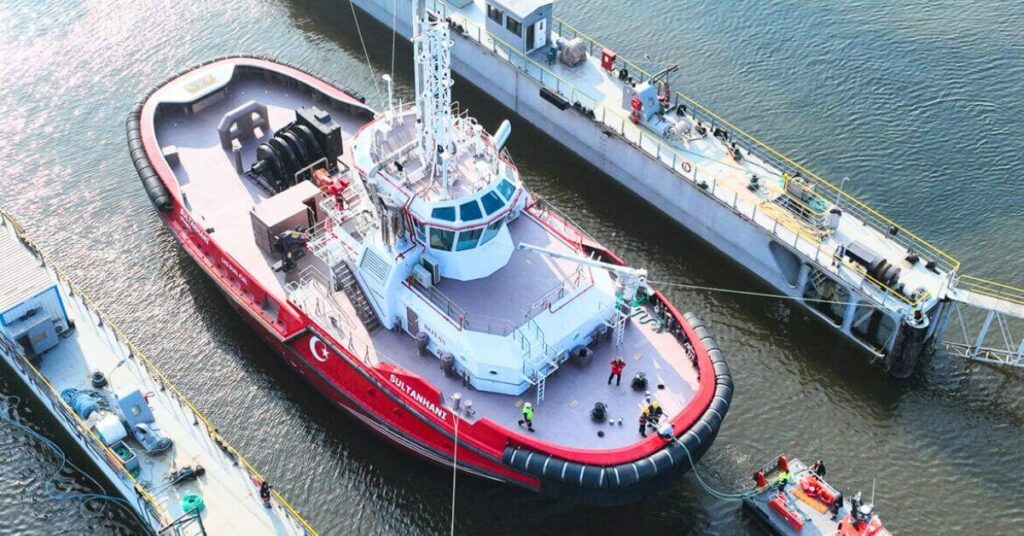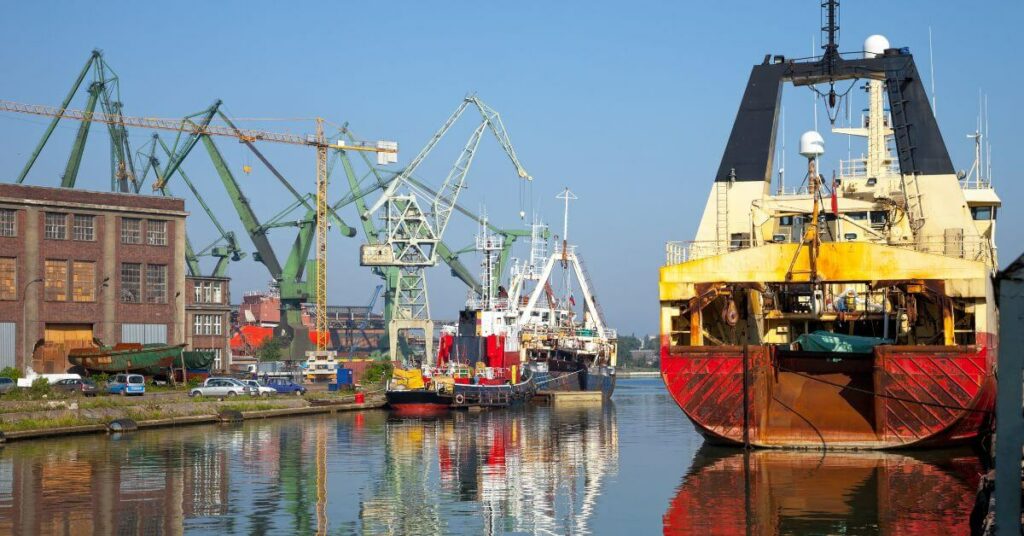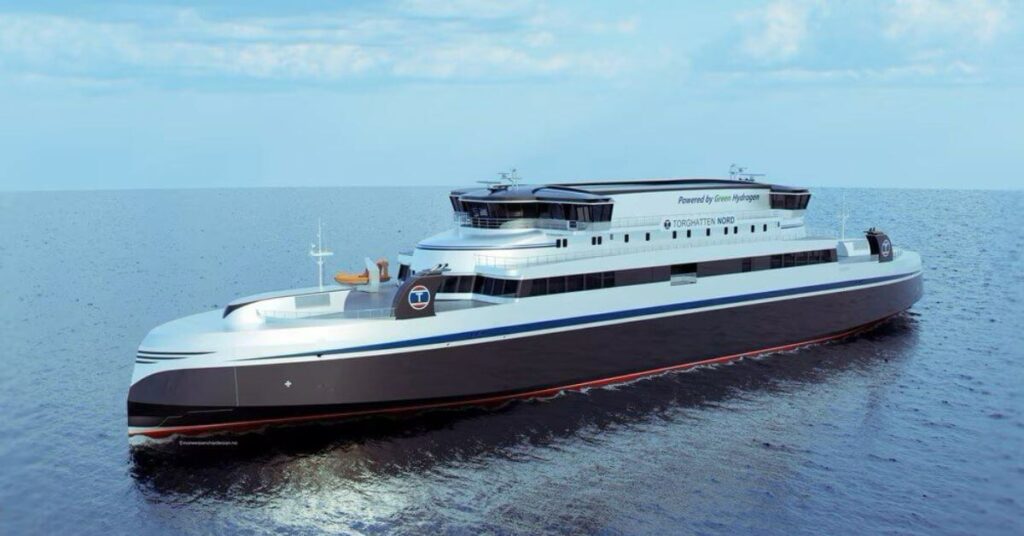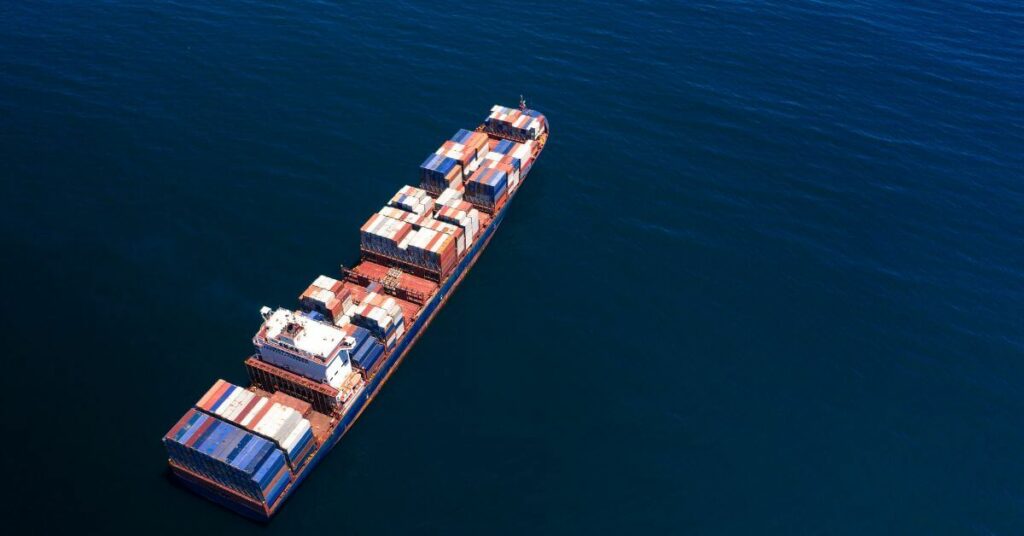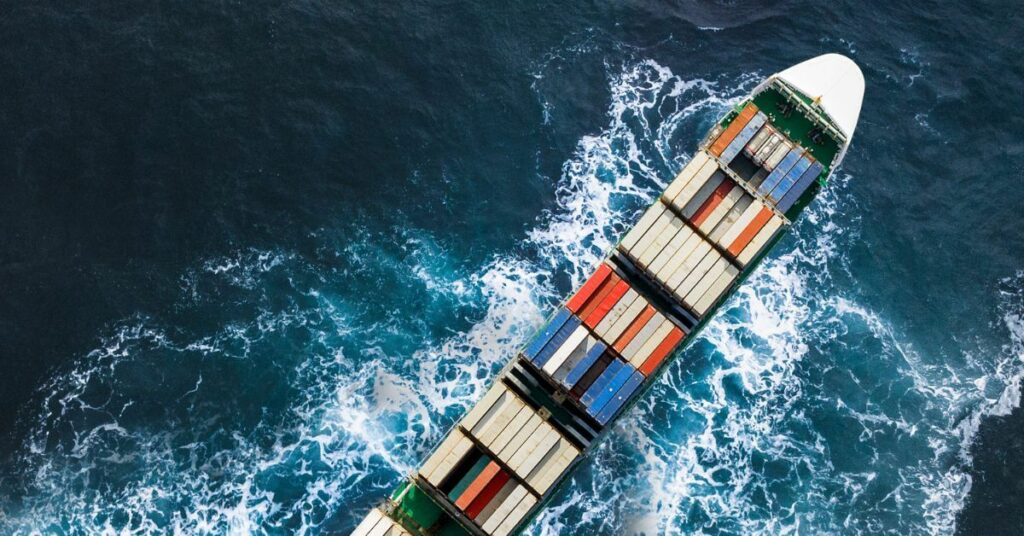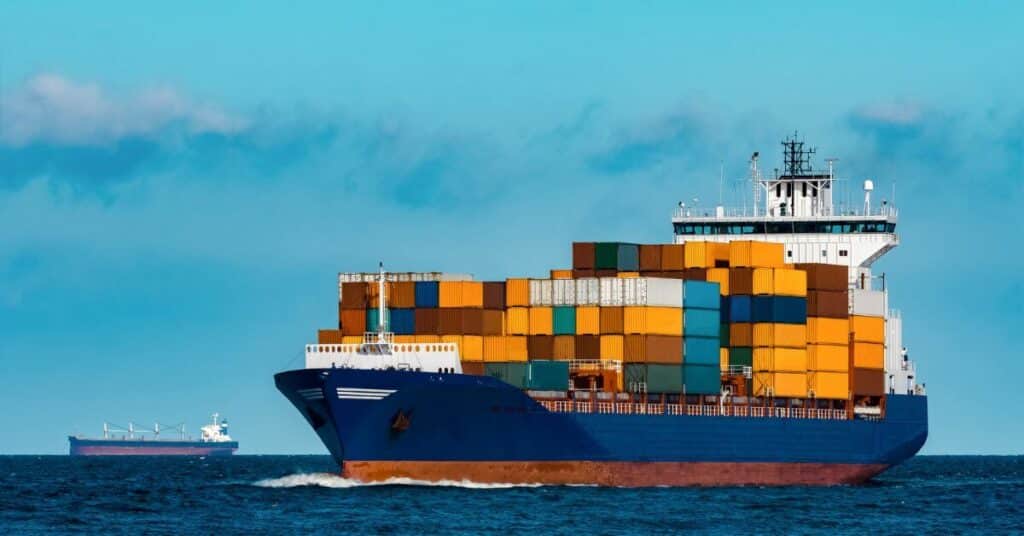ClassNK Releases Guidelines For Ships Using Low-Flashpoint Fuels
In order to reduce atmospheric pollution caused by sulphur oxides (SOx) and particle matter (PM) found in vessel emissions as well as weather effects caused by GHG emissions, environmental regulations have been getting more strongly enforced. In theory, ships using alternative fuels such as LNG, LPG, and methyl/ethyl alcohol can reduce the amount of CO2 emissions by 10% to 20% compared to conventional oil fuels, and they do not contain sulphur. For this reason, alternative fuels are expected to be an effective solution for the regulations.
These alternative fuels have lower flashpoints compared to traditional fuels, therefore particular attention needs to be given to ensuring adequate safety precautions when using low-flashpoint fuels in order to decrease the potential risk of fire and explosions that may arise as a result of fuel leakage onboard the ship.
International safety requirements for low-flashpoint fuels have been discussed at IMO and as a result, the International Code of Safety for Ships using Gases or other Low-flashpoint Fuels (IGF Code) has been adopted and enforced. The current code however, does not address specific regulations for alternative fuels other than LNG.
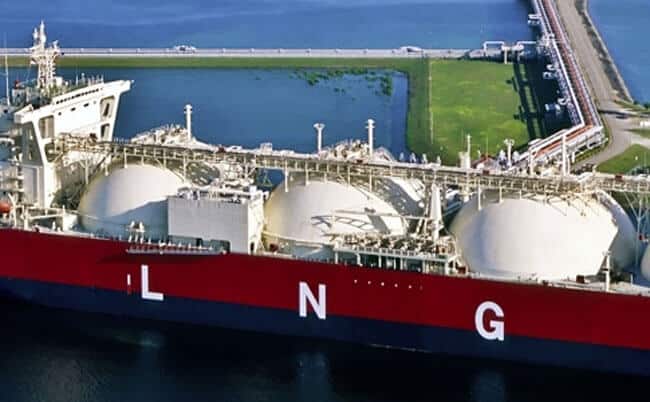
ClassNK released the Guidelines for Ships Using Low-Flashpoint Fuels (Methyl/Ethyl Alcohol / LPG) which outline safety requirements for other viable alternative fuels besides LNG, based on the latest technology and regulation trends in order to promote the design of alternative fueled ships. The guidelines divide targeted vessels into three categories: ships using methyl/ethyl alcohol as fuel, ships fuelled by LPG, and liquid gas carriers fuelled by LPG. They take into consideration the properties of each fuel type and ship regulations and indicate safety requirements for the arrangement and installation of the low-flashpoint fuel related systems for minimizing risks to vessels, crew, and the environment.
The guidelines reflect current trends and will be amended periodically in accordance with any changes in the IGF Code during future IMO discussions and the rapid development of new technologies.
Speaking on the occasion, Mr. Hayato Suga, Corporate Officer and Director of Plan Approval and Technical Solution Division said “In addition to LNG, low-flashpoint fuels like Methyl/Ethyl Alcohol and LPG are providing ships with alternative fuel options that have diverse characteristics in terms of environmental performance, availability, price, and more. Regardless of the choice, adequate safety measures are essential. Our latest guidelines have incorporated regulatory trends and our expertise proposes the appropriate requirements tailored to Methyl, Ethyl Alcohol, and LPG respectively. I hope they will be well utilized for the efficient design and construction practice of ships using those fuels”.
Reference: classnk.or.jp
Disclaimer :
The information contained in this website is for general information purposes only. While we endeavour to keep the information up to date and correct, we make no representations or warranties of any kind, express or implied, about the completeness, accuracy, reliability, suitability or availability with respect to the website or the information, products, services, or related graphics contained on the website for any purpose. Any reliance you place on such information is therefore strictly at your own risk.
In no event will we be liable for any loss or damage including without limitation, indirect or consequential loss or damage, or any loss or damage whatsoever arising from loss of data or profits arising out of, or in connection with, the use of this website.
Disclaimer :
The information contained in this website is for general information purposes only. While we endeavour to keep the information up to date and correct, we make no representations or warranties of any kind, express or implied, about the completeness, accuracy, reliability, suitability or availability with respect to the website or the information, products, services, or related graphics contained on the website for any purpose. Any reliance you place on such information is therefore strictly at your own risk.
Do you have info to share with us ? Suggest a correction
About Author
Marine Insight News Network is a premier source for up-to-date, comprehensive, and insightful coverage of the maritime industry. Dedicated to offering the latest news, trends, and analyses in shipping, marine technology, regulations, and global maritime affairs, Marine Insight News Network prides itself on delivering accurate, engaging, and relevant information.

About Author
Marine Insight News Network is a premier source for up-to-date, comprehensive, and insightful coverage of the maritime industry. Dedicated to offering the latest news, trends, and analyses in shipping, marine technology, regulations, and global maritime affairs, Marine Insight News Network prides itself on delivering accurate, engaging, and relevant information.
Latest Shipping News Articles You Would Like:
Subscribe To Our Newsletters
By subscribing, you agree to our Privacy Policy and may receive occasional deal communications; you can unsubscribe anytime.




